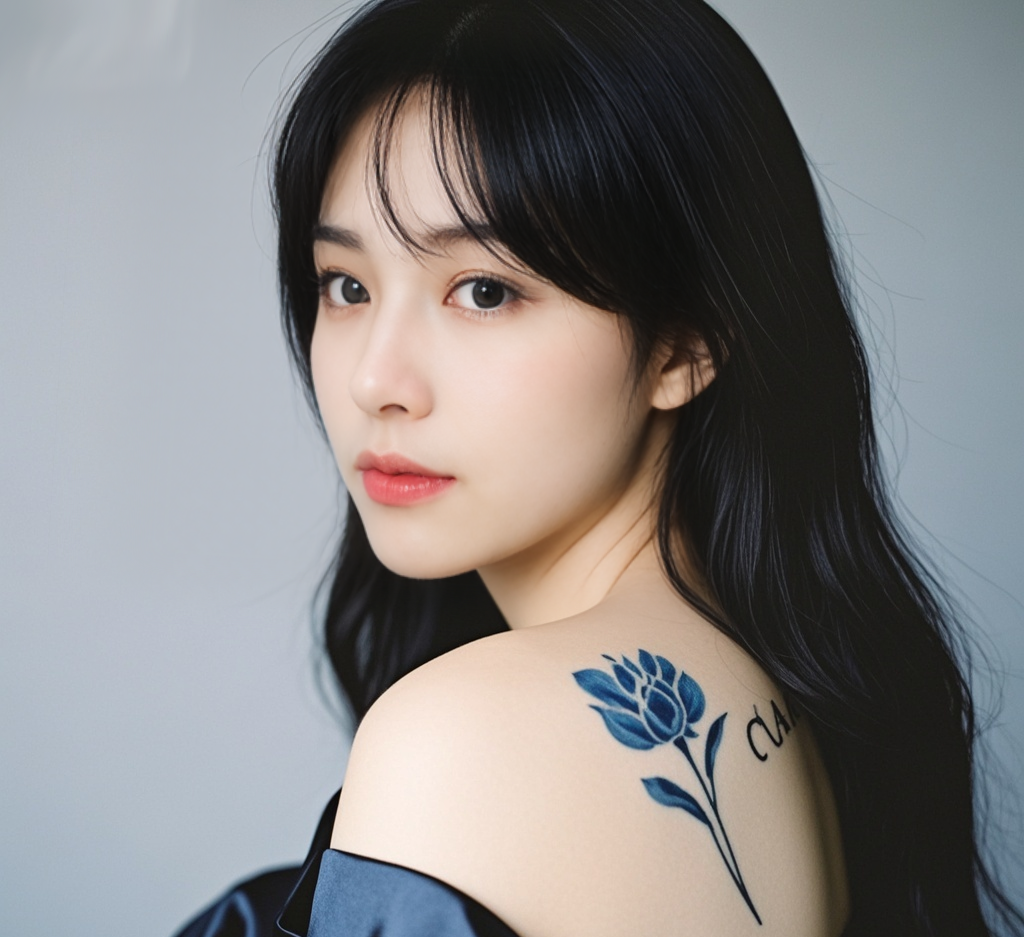
1. Direct Meaning and Breakdown of the Kanji "凹" (O / Boko)
The kanji 凹 is a pictograph, meaning its shape is a direct representation of its meaning.
Core Meaning: Concave, hollow, sunken, indented.
Keyword: A recessed or inward-curving shape.
Pronunciation:
オウ (Ō): The on'yomi (Sino-Japanese reading).
ぼこ (Boko): The native kun'yomi reading.
くぼ (Kubo): Another reading, as in 凹む (kubomu - to become hollow).
Etymological Breakdown:
This character is a pure pictograph. It visually depicts a shape that is curved inward, like a bowl, a valley, or a dent. Its direct opposite is the kanji 凸 (Totsu / Deko), which means "convex" or "protruding." Together, they form the word 凸凹 (Dekoboko), meaning "uneven" or "bumpy."
Common Usage in Japanese:
This kanji is used in descriptive and compound words:
凸凹 (Dekoboko): Unevenness, bumpiness, roughness.
凹面 (Ōmen): Concave surface.
凹レンズ (Ō Renzu): Concave lens.
In informal contexts, it can describe a feeling of being deflated or depressed (凹む - hekomu).
2. "凹" as a Tattoo: Meanings and Interpretations
As a tattoo, "凹" is a modern, abstract, and deeply philosophical choice. Its meaning is derived from the concept of receptivity, potential, and humility.
Positive and Profound Meanings:
Receptivity and Openness: This is the most powerful interpretation. While 凸 ("convex") projects outward, 凹 receives inward. The tattoo can symbolize being open-minded, receptive to new ideas, emotions, and experiences. It represents a vessel ready to be filled with knowledge, love, and life.
Humility and Groundedness: A concave shape does not stick out; it is humble. This tattoo can be a reminder of the strength found in humility, modesty, and not needing to be the center of attention. It symbolizes being grounded and comfortable in one's own space.
Potential and The Void: In a philosophical sense, the hollow space of "凹" represents potential and possibility. Just as a valley can hold water or an empty bowl can hold food, this tattoo can symbolize that from emptiness and stillness comes the potential for creation and fulfillment. It aligns with Taoist and Zen Buddhist concepts of the utility of emptiness.
A Symbol of Connection (with 凸): The most common and beautiful context for this tattoo is as one half of a pair. When combined with its opposite, 凸, they represent a perfect fit, compatibility, and yin-yang-like completion. One person's "indentation" perfectly accepts the other's "protrusion." This can symbolize a deep romantic partnership, an inseparable friendship, or a sibling bond.
Embracing Vulnerability and Softness: In a culture that often prizes strength and projection, "凹" celebrates the power in softness, vulnerability, and yielding. It acknowledges that being receptive and open is not a weakness, but a different form of strength.
Potential Pitfalls and Considerations:
Informal Connotation and Association with Sadness: The verb 凹む (hekomu) is common internet and slang shorthand for feeling "down," "deflated," or "depressed." This is the primary risk, as the character can be associated with a negative emotional state.
Over-simplicity: Some might see it as a random shape without deep meaning, so the personal significance must be clear to the wearer.
3. Design and Styling Suggestions
The strength of "凹" is its graphic potential and its power as part of a pair.
As a Graphic Element: It can be stylized in numerous ways:
Filled with a pattern (like water, stars, or a galaxy) to symbolize the potential held within the void.
Made to look like a vessel, such as a bowl or a valley.
With its Counterpart 凸: The most powerful design is to have both, either on two people or placed close together on one person, demonstrating how they fit perfectly. This is a profoundly popular and meaningful design for couples.
Placement: Its simple, angular shape works well on the wrist, forearm, ankle, back of the neck, or behind the ear.
Summary
| Aspect | Explanation |
|---|---|
| Kanji | 凹 |
| Pronunciation | Ō, Boko |
| Core Meaning | Concave, hollow, indented. |
| Tattoo Meaning | Receptivity, Humility, Potential, Perfect Fit (with 凸), Vulnerability as Strength. |
| Suitability | A thoughtful, modern, and graphic choice. Perfect for those who value introspection, partnership, and the philosophical strength found in humility and openness. |
Final Advice:
凹 is a tattoo that celebrates the power of "inwardness." It is for the listener, the thinker, the partner who provides comfort, and the individual who finds strength in flexibility rather than rigidness. While there is a risk of it being associated with temporary sadness (凹む), its deeper meanings of receptivity and potential are far more profound. When chosen thoughtfully, especially as a pair with 凸, it becomes one of the most conceptually beautiful and visually striking kanji tattoos one can get.